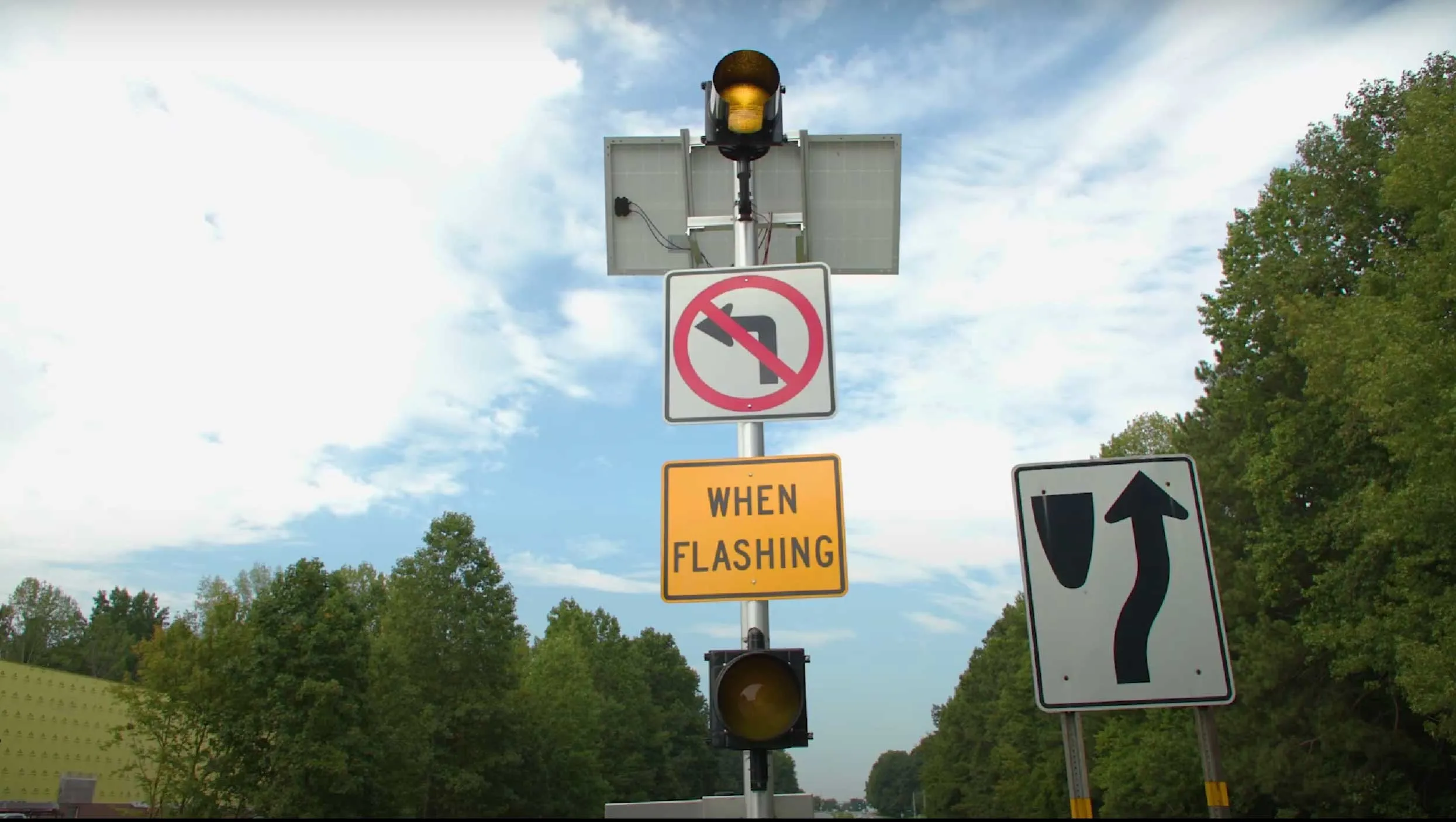The Netherlands on Monday launched its first-ever ‘intelligent bicycle, fitted with an array of electronic devices to help bring down the high accident rate among elderly cyclists in the cycle-mad country.
Developed for the government by the Netherlands Organisation for Applied Scientific Research (TNO), the intelligent bicycle prototype runs on electricity, and sports a forward-looking radar mounted below the handlebars and a camera in the rear mudguard.
December 17, 2014
Read time: 3 mins
The Netherlands on Monday launched its first-ever ‘intelligent bicycle, fitted with an array of electronic devices to help bring down the high accident rate among elderly cyclists in the cycle-mad country.
Developed for the government by the Netherlands Organisation for Applied Scientific Research (TNO), the intelligent bicycle prototype runs on electricity, and sports a forward-looking radar mounted below the handlebars and a camera in the rear mudguard.
The front and rear detection devices on the test bike are linked through an onboard computer with a vibrating warning system installed in the bicycle’s saddle and handlebars to alert cyclists to impending danger.
The saddle vibrates when other cyclists approach from behind, while the handlebars do the same when obstacles appear ahead.
It also has a cradle in which a computer tablet can be inserted, to wirelessly connect and ‘talk’ to the bicycle through a dedicated application.
The mounted tablet also flashes a bright signal if there is an approaching obstacle in the bicycle’s path, like a lamppost, or if another cyclist comes up from behind intending to pass.
“Accidents often happen when cyclists look behind them or get a fright when they are passed at high speed,” said Maurice Kwakkernaat, one of TNO’s research scientists involved in the project. “The onboard system utilises technology already at work in the automotive industry,” he said.
Kwakkernaat said the devices would be useful for cyclists propelled along by the bicycle’s electrical motor, which can reach a top speed of 25 kph (16 mph).
“More and more elderly people are using a bicycle, not only for short distances, but also for longer distances,” Dutch Environment and Infrastructure Minister Melanie Schultz van Haegen told AFP. “This type of bicycle is truly needed in the Netherlands because it will help us down bring the number of elderly people who are injured every year and allow them to continue enjoy cycling,” she said.
In the Netherlands, bicycles outnumber the population of 17 million by at least one million and there are some 25,000 kilometres of bicycle path in the country. Those statistics are set to grow as more and more people take to two-wheeled transport, leading to congestion and an increased risk of injury.
Last year, 184 cyclists died in the country, of which 124, or 67.0 percent, were older than 65, according to the Centrals Statistics Office (CBS). The year before, 200 cyclists died, the overwhelming majority of victims also being elderly.
A commercial-available bicycle is expected to be on the market in the next two years and should sell for between $1,800 to US$2,363 per bicycle.
The current prototype weighs a hefty 25 kilogrammes (55 pounds) but researchers are working on making the on-board systems smaller.
Developed for the government by the Netherlands Organisation for Applied Scientific Research (TNO), the intelligent bicycle prototype runs on electricity, and sports a forward-looking radar mounted below the handlebars and a camera in the rear mudguard.
The front and rear detection devices on the test bike are linked through an onboard computer with a vibrating warning system installed in the bicycle’s saddle and handlebars to alert cyclists to impending danger.
The saddle vibrates when other cyclists approach from behind, while the handlebars do the same when obstacles appear ahead.
It also has a cradle in which a computer tablet can be inserted, to wirelessly connect and ‘talk’ to the bicycle through a dedicated application.
The mounted tablet also flashes a bright signal if there is an approaching obstacle in the bicycle’s path, like a lamppost, or if another cyclist comes up from behind intending to pass.
“Accidents often happen when cyclists look behind them or get a fright when they are passed at high speed,” said Maurice Kwakkernaat, one of TNO’s research scientists involved in the project. “The onboard system utilises technology already at work in the automotive industry,” he said.
Kwakkernaat said the devices would be useful for cyclists propelled along by the bicycle’s electrical motor, which can reach a top speed of 25 kph (16 mph).
“More and more elderly people are using a bicycle, not only for short distances, but also for longer distances,” Dutch Environment and Infrastructure Minister Melanie Schultz van Haegen told AFP. “This type of bicycle is truly needed in the Netherlands because it will help us down bring the number of elderly people who are injured every year and allow them to continue enjoy cycling,” she said.
In the Netherlands, bicycles outnumber the population of 17 million by at least one million and there are some 25,000 kilometres of bicycle path in the country. Those statistics are set to grow as more and more people take to two-wheeled transport, leading to congestion and an increased risk of injury.
Last year, 184 cyclists died in the country, of which 124, or 67.0 percent, were older than 65, according to the Centrals Statistics Office (CBS). The year before, 200 cyclists died, the overwhelming majority of victims also being elderly.
A commercial-available bicycle is expected to be on the market in the next two years and should sell for between $1,800 to US$2,363 per bicycle.
The current prototype weighs a hefty 25 kilogrammes (55 pounds) but researchers are working on making the on-board systems smaller.








